At DelightedCooking, we're committed to delivering accurate, trustworthy information. Our expert-authored content is rigorously fact-checked and sourced from credible authorities. Discover how we uphold the highest standards in providing you with reliable knowledge.
Should I Drink Bottled Water or Tap Water?
The choice to drink bottled water or tap water is ultimately your own, but there are some things you might want to take into consideration. People have been drinking water in bottles for a very long time, but the popularity of the product really began to explode in the 1990s. The proliferation of companies and products in this business became a major news item in the early 2000s, when many organizations debated the issue of bottled vs tap water. By being informed about the issues, you can make a better choice and defend that choice to people who might challenge it.
The history of bottled water is older than many people realize. As far back as Roman times, people collected water from special springs and wells and sold it in bottled form. This early product was collected for its perceived health benefits, and when the water industry started heavily marketing its product in the 20th century, claims of health benefits were common. The industry also suggested that this form was convenient because of its portability and safety.

There is a major problem with the safety claims made about this water, however. Safety standards are actually often more rigorous for tap water than they are for bottled. Municipal water supplies around the world must meet very strict requirements and undergo frequent testing to ensure that they remain safe. Bottled water standards tend to be more lax, and water is subject to contamination during the bottling process. If safety is your concern, you may want to stick to tap water.

The labeling of water is also not very carefully monitored. Much of it is actually straight from the tap, without any additional filtering or added ingredients. Not all companies are required to label the source of their water, and those that do label may hide the source information or flat-out lie. Unless their water is tested, these companies can profit on their claims of “artesian well water” or “spring water” until proven otherwise.

Bottled water is also much more expensive than tap water, and not just directly. While the price often exceeds the cost of an equal amount of gasoline, it also carries a hidden environmental toll. Many consumers view water bottles as disposable items, and the plastic chokes landfills. Recycling can repurpose the plastics for other uses, but the bottles still stimulate the market for petroleum, as water bottles are rarely made from recycled plastic due to the expense involved.

If your concern is the taste of your tap water, this is entirely legitimate. The taste of tap water varies widely, depending on the pipes in your home, the source of the water, and how it is processed. You can reduce bad flavors by filtering your water, and you can rest assured that your tap water should be free of pathogens and contaminations by writing to the company that oversees the water supply and asking for test results. Many municipalities and water utilities also release test results to their customers yearly. To make tap water portable, just pour it into a bottle — ideally, a ruggedized bottle that is designed for a lifetime of use, rather than a flimsy plastic disposable one.
AS FEATURED ON:
AS FEATURED ON:










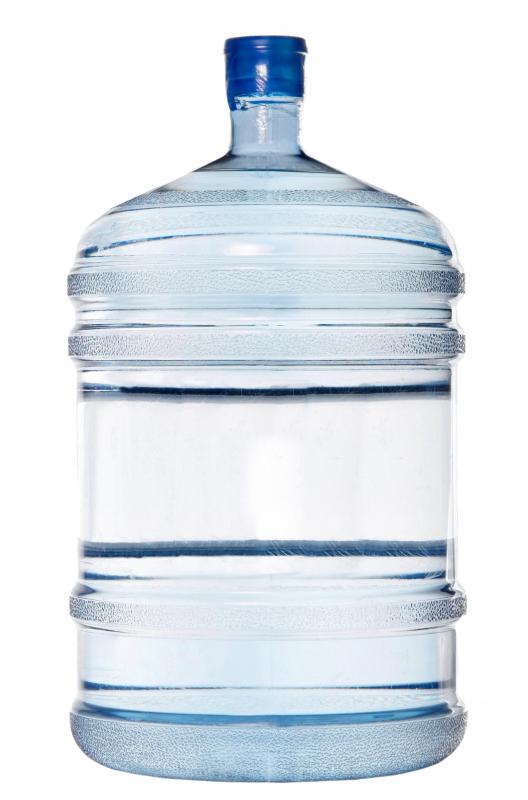
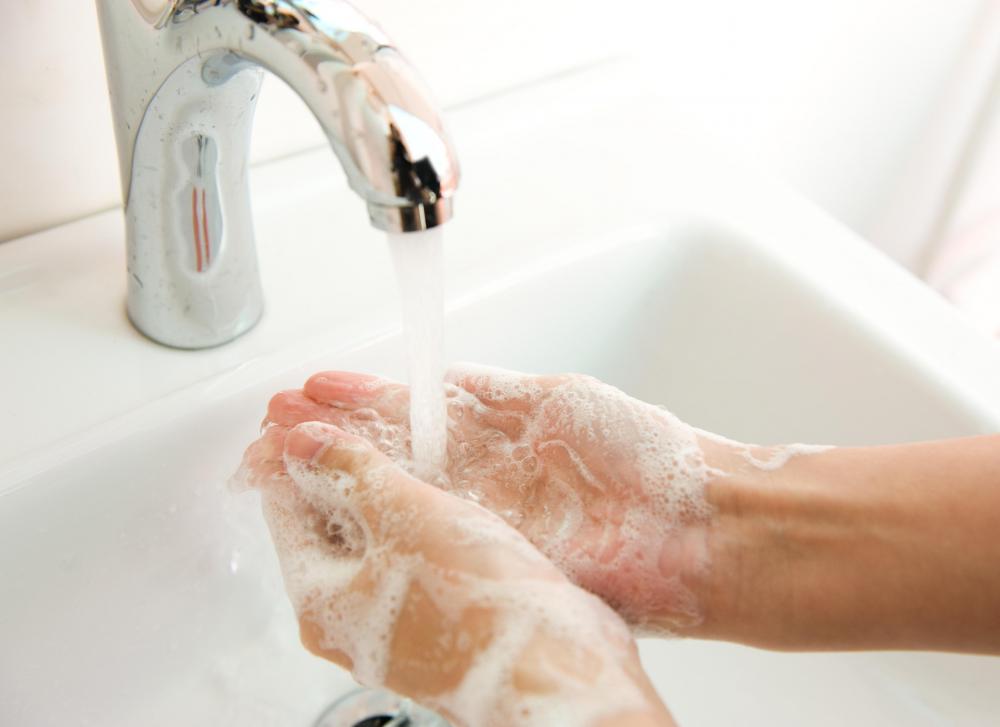
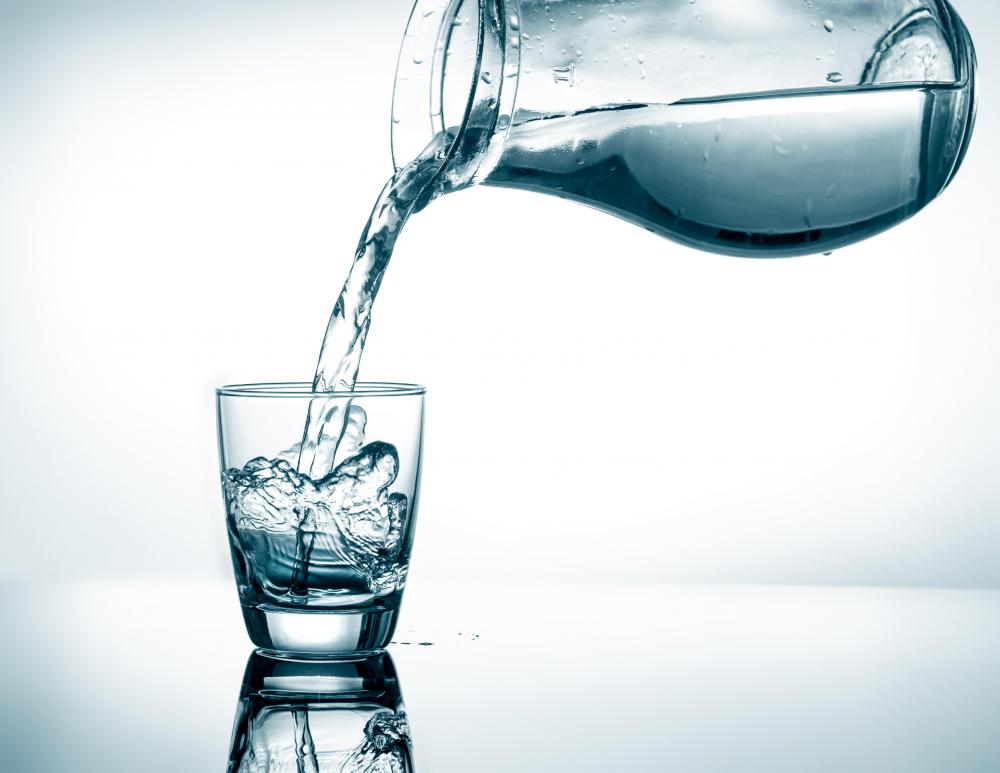
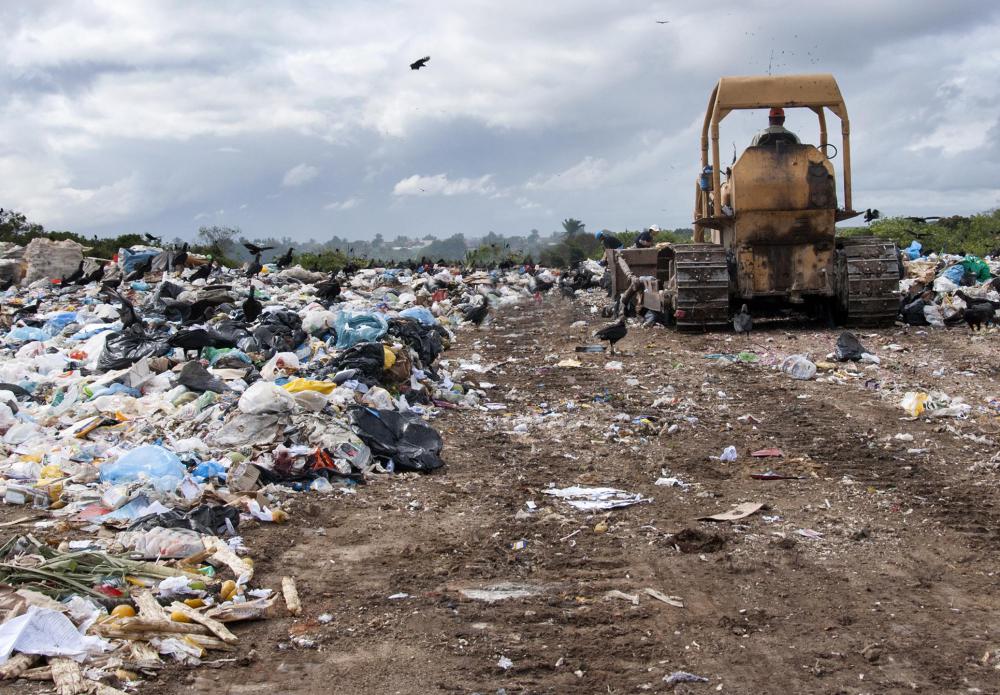
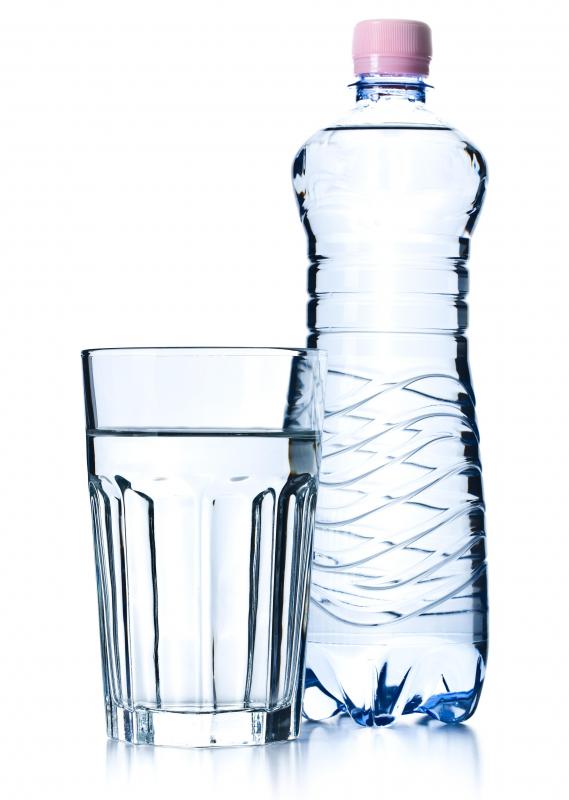


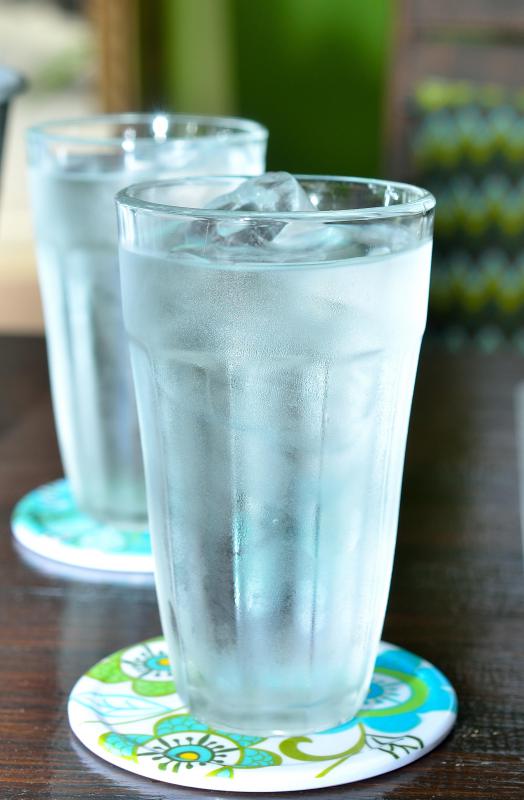
Discussion Comments
This is a simple scenario the shouldn't even be a big debate. I mean I can see where the bottled water is coming from, but it is just as simple as how you drink your bottled water. J man
Chlorides in water are not harmful because it's in the form of ion, as in sodium chlorine, a.k.a. salt. You ingest more chlorine from any food than drinking tap water.
Fluorides may be harmful, but the quantity in tap water is so low that you can happily ignore it unless you are one of those who use SPF100 sunscreen, don't drink coffee, and wear a helmet 24-7. In fact, fluorides are beneficial because they reduce tooth decay.
I still prefer bottled water than tap water from faucets, especially if I can tell the difference in taste. Tap water from faucet contains chlorine used to disinfect it but it is harmful to the human body in the long run.
This article is a lie, because as to chemical contents of tap water the author is obviously biased by not pointing out the disadvantages of tap water, which of course, includes the reality that the lead and other metals from corrosion of water pipes will go and mix into the water. Bottled water, on the other hand, is commercialized and may be better in quality due to competition.
To number 9
I understand what you are saying, but lets put things into perspective. Some things are inevitable, and how much damage is really done?
It seems that you would prefer a time of our forefathers, when food was organic, but people worked the whole day just to feed their families. The toys had no lead, but that is because there were no toys. Maybe that was better after all, because children had little time for play or school because they had to help with chores. It was a time when most people were poor and mortality rate was high and life span was short.
Yes, even with all the negatives, we still enjoy the best life that people ever had in the history of mankind. And not just selected few, but most people.
I dislike the FDA, and all corporations that think it is okay to allow the sale of lead in toys, and ceramics, BPA in cans and water, water bottles (very bad for the environment and you) fluoride in the water system, pesticides in produce! I dislike all of them!
Tap water in most countries is safe to drink, but when traveling it would be prudent to educate oneself in advance.
Tap water in some places has a "taste", so what I do is I filter the water.
It is so much cheaper than bottled water. One source gives the figure at amount of money spent on bottled water in United States as 11 billion.
It is a mind boggling figure.
what exactly is the chemical content of tap water?
Since when did bleach become OK to drink? And that's in our drinking water. Plus now medical drugs are being found in our drinking water. I work in a very large cancer center, We tell everyone not to drink water with sodium fluoride in it. It kills your thyroid. I buy filtered water at my health food store and at home I pour that into GLASS bottles. google is a great place to start your research. I am 24 years free of cancer that i healed myself and one thing I don't do..is fluoride and bleach.
This is very good article regarding the water, as it's a natural one. People should use it naturally rather than using it artificially (bottled). The government should ban the selling of packaged drinking water as it's a god given gift for humankind.
Kishore kumar(m.Tech)
dsce,bangalore
Thank you for the article and I would be happy to use my own water. You say all you have to do is put your water in your own container such as a thermos or such and use it in place of the bought bottled water.
Barbara
Please don't drink tap water from India, what's told above is correct in some countries, but in India it's not true you will get some bad water pumped directly from a nearby river along with the rust and dirt in the pipe lines. so it's better to drink bottled water here at least you won't get it muddy...The best thing to do is boil whatever water it is to 100 degree celsius and drink..
Did you know that it takes 8 fresh gallons of water to make just one gallon of bottled water? That is such a waste, also the petroleum that it takes to make the bottles and transport them is bad for the environment. The water is not any better than tap water and it is toxic sitting in those plastic bottles. The only solution is to make your own healthy water right from your own tap. Re-Use and Refill, save your health and the environment at the same time. stop buying corporate water! Stop getting ripped off by these bottling companies and take control of your own water supply.
Post your comments